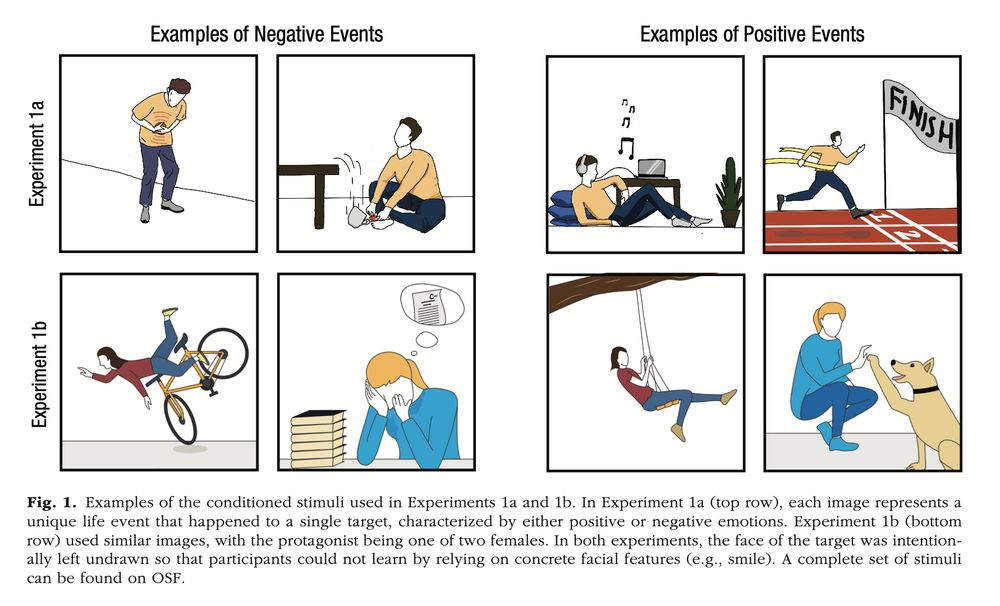Yi Zhang
@yizhang96.bsky.social
20 followers
25 following
15 posts
Social psychology PhD student @USC studying social cognition, moral psychology, and social networks 🧠☁️
yizhang96.github.io
Posts
Media
Videos
Starter Packs
Yi Zhang
@yizhang96.bsky.social
· Jul 30
Yi Zhang
@yizhang96.bsky.social
· Jul 30
Yi Zhang
@yizhang96.bsky.social
· Jul 30
Yi Zhang
@yizhang96.bsky.social
· Jul 30





